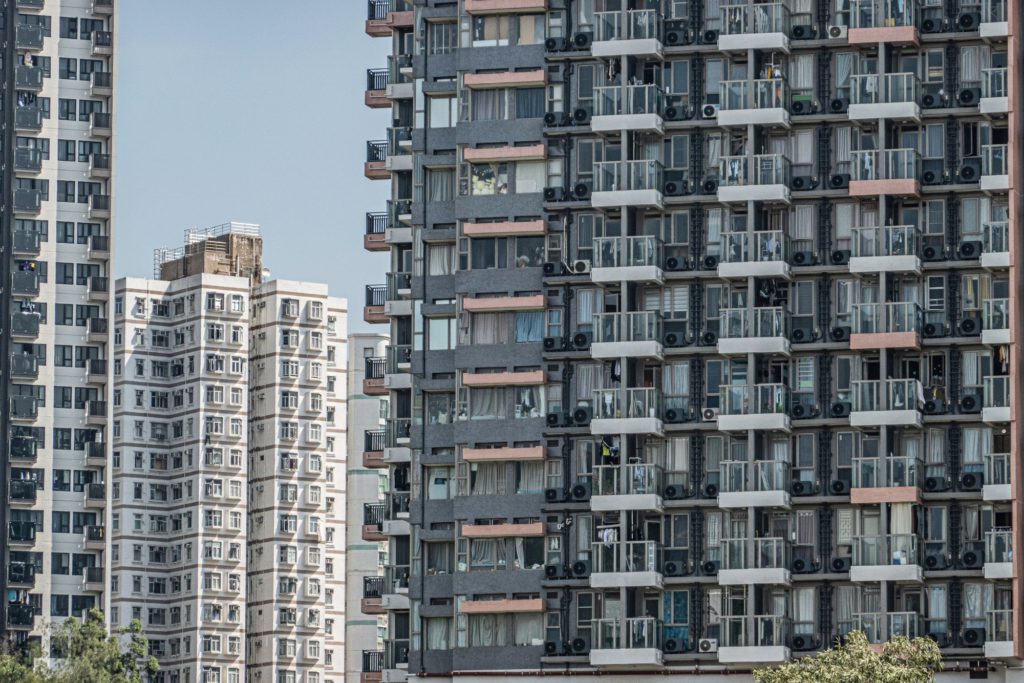Hong Kong’s notorious tiny apartments, sometimes no bigger than a parking space, have emerged as the biggest losers in the city’s property downturn.
(Bloomberg) — Hong Kong’s notorious tiny apartments, sometimes no bigger than a parking space, have emerged as the biggest losers in the city’s property downturn.
Buyers are snubbing so-called nano-flats as they opt for bigger options following mortgage policy changes and price drops.
Developers were only able to sell 48% of the studio apartments available in the first 11 months this year, while the rate for one-bedroom and two-bedroom apartments stood at 53% and 67% respectively, according to Midland Realty.
“More buyers can buy one-bedroom or two-bedroom units now” as a result of relaxed mortgage rules and lower prices, said Sammy Po, chief executive officer of Midland’s home division.
“So there are few people who would want to buy nano-flats.”
Strained by interest rate hikes and a population exodus, Hong Kong home values have dropped by more than 14% this year, with full-year sales volume expected to plummet to the lowest since 2013.
Hong Kong first-time home buyers can acquire more expensive properties with just 10% down payment.
The cap on housing value for such arrangements was lifted to HK$10 million from HK$8 million in February.
Properties in the Asian financial hub have been expensive and out of reach for many, making it the world’s least affordable market.
Those with less financial ability have resorted to small studio apartments, subdivided flats or industrial buildings.
The issue of living space has drawn the attention of Beijing, which urged the city to make housing more spacious.
In response, the government introduced a rule this year requiring homes to be no smaller than 280 square feet.
That’s dented buyer interest in nano-flats. T Plus, a three-year-old project with some of the city’s smallest apartments at merely 128 square feet (11.9 square meters), has seven out of nine transactions since October sold at a loss, Midland data show.
A recent sale this month recorded a 21% loss for the owner.
In comparison, the wider market declined 16% since 2019, when the sellers first bought the homes.
More stories like this are available on bloomberg.com
©2022 Bloomberg L.P.










